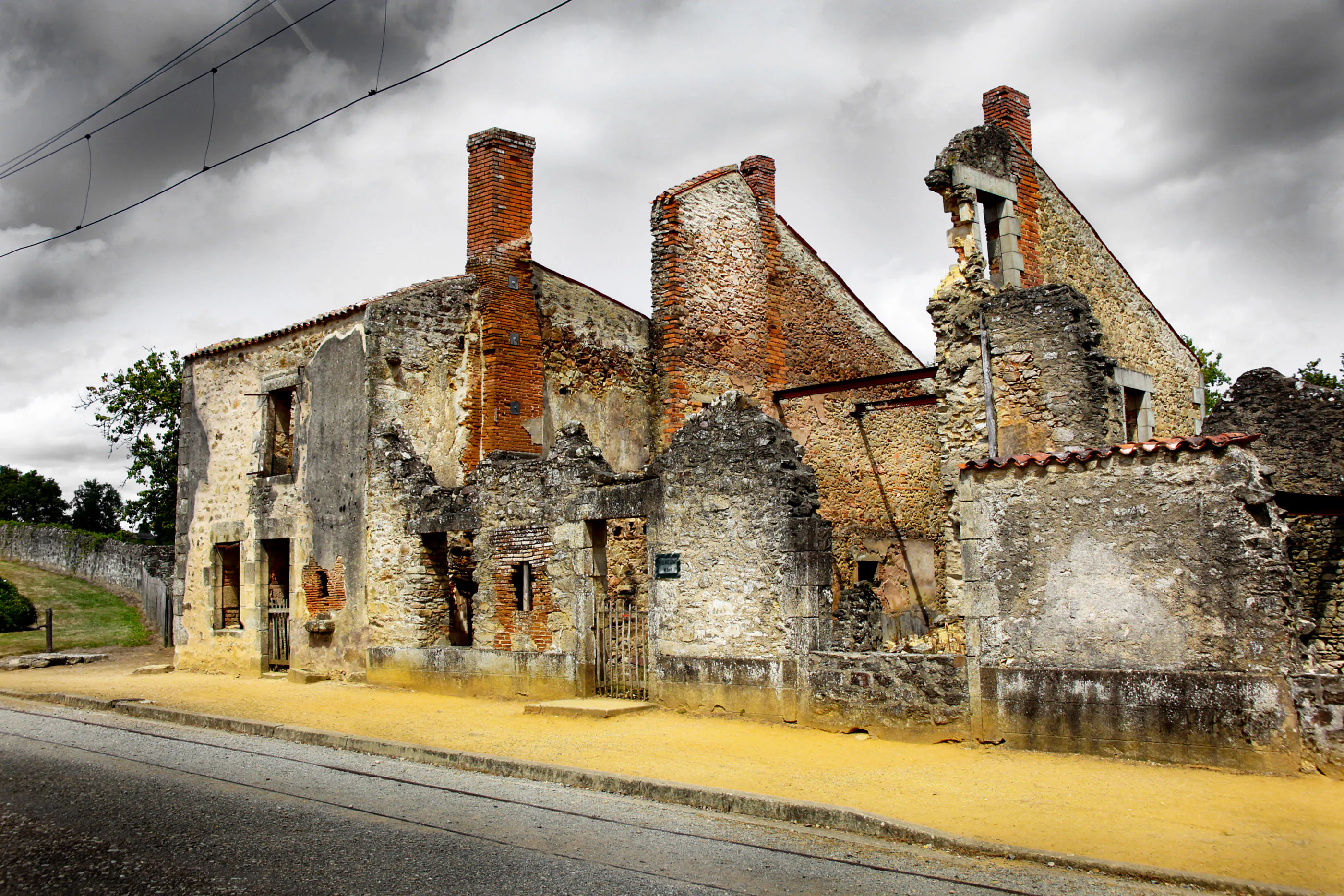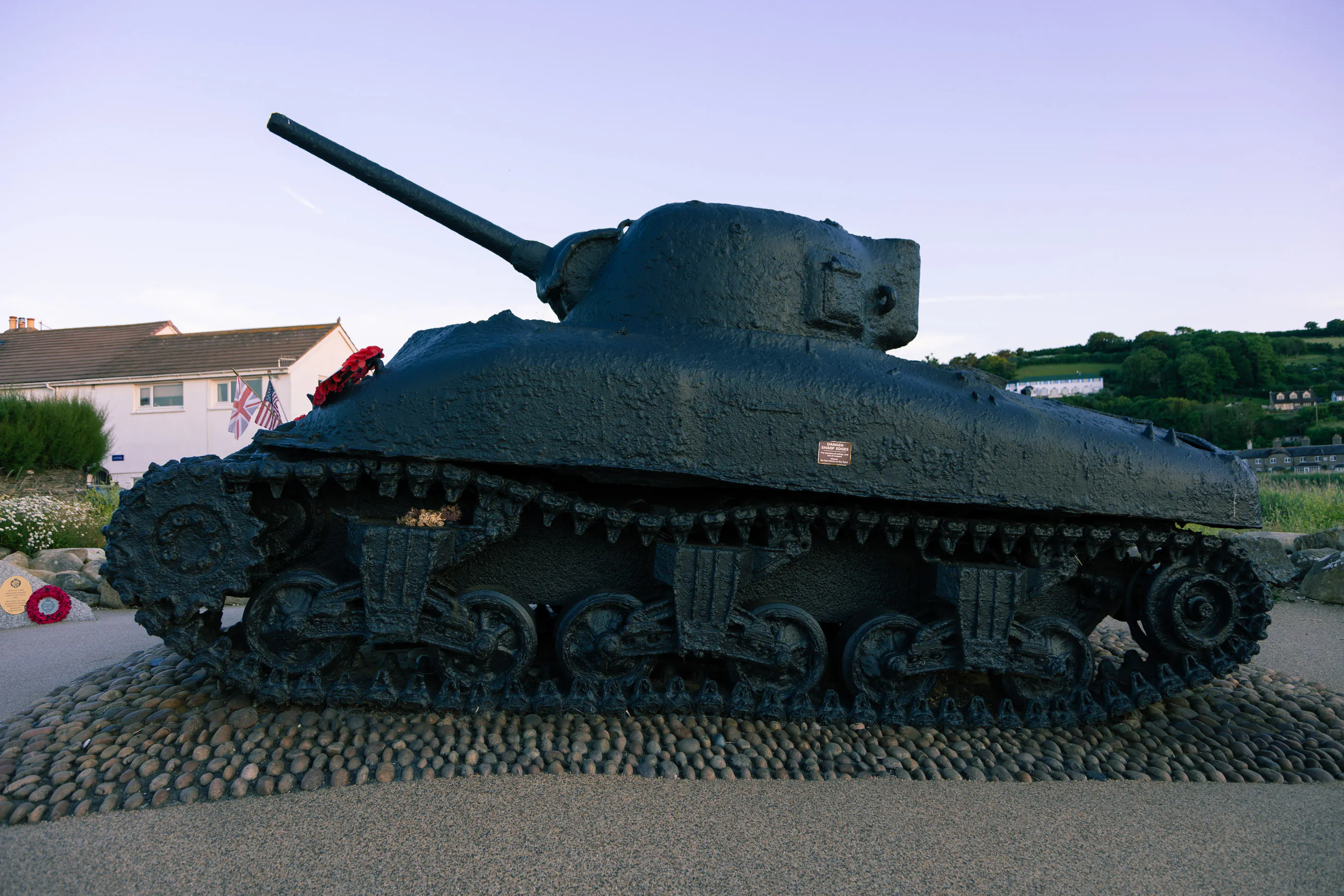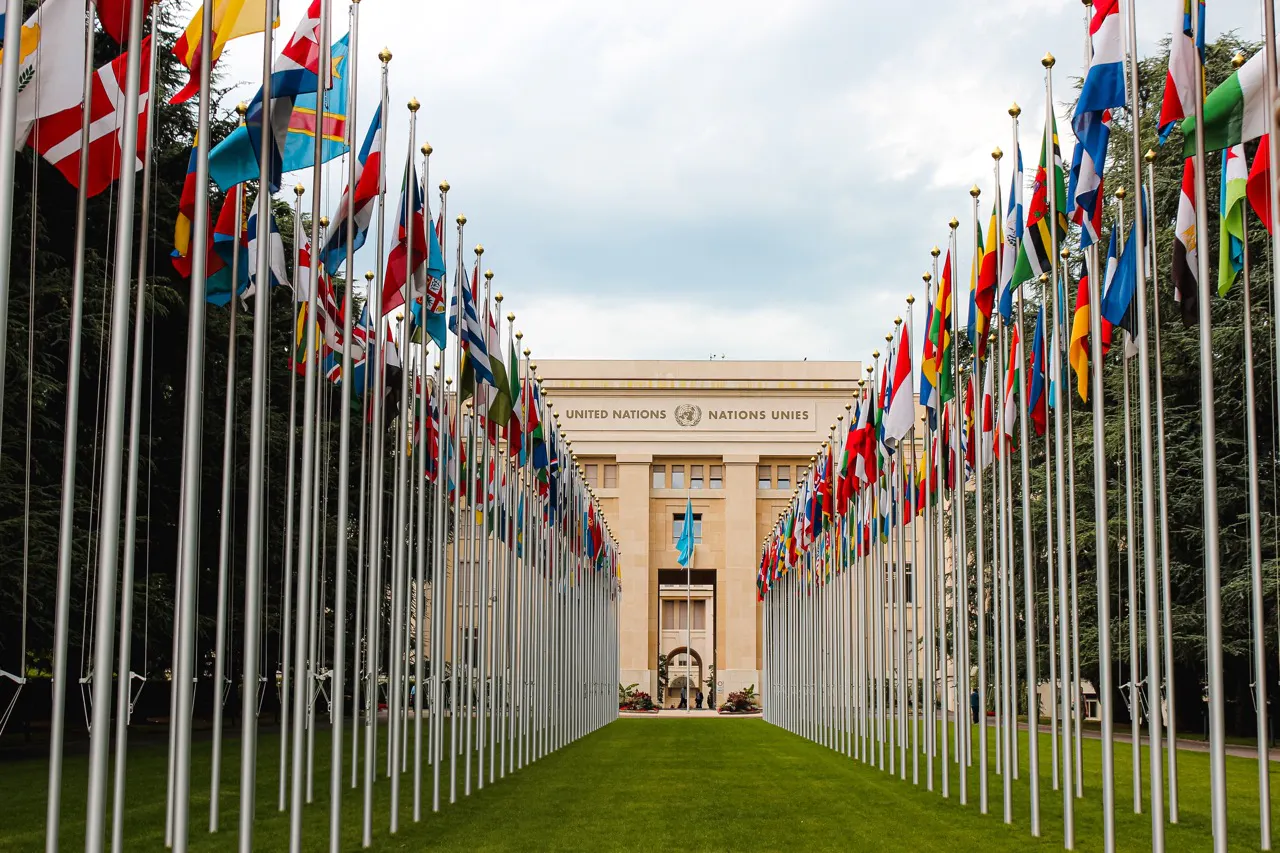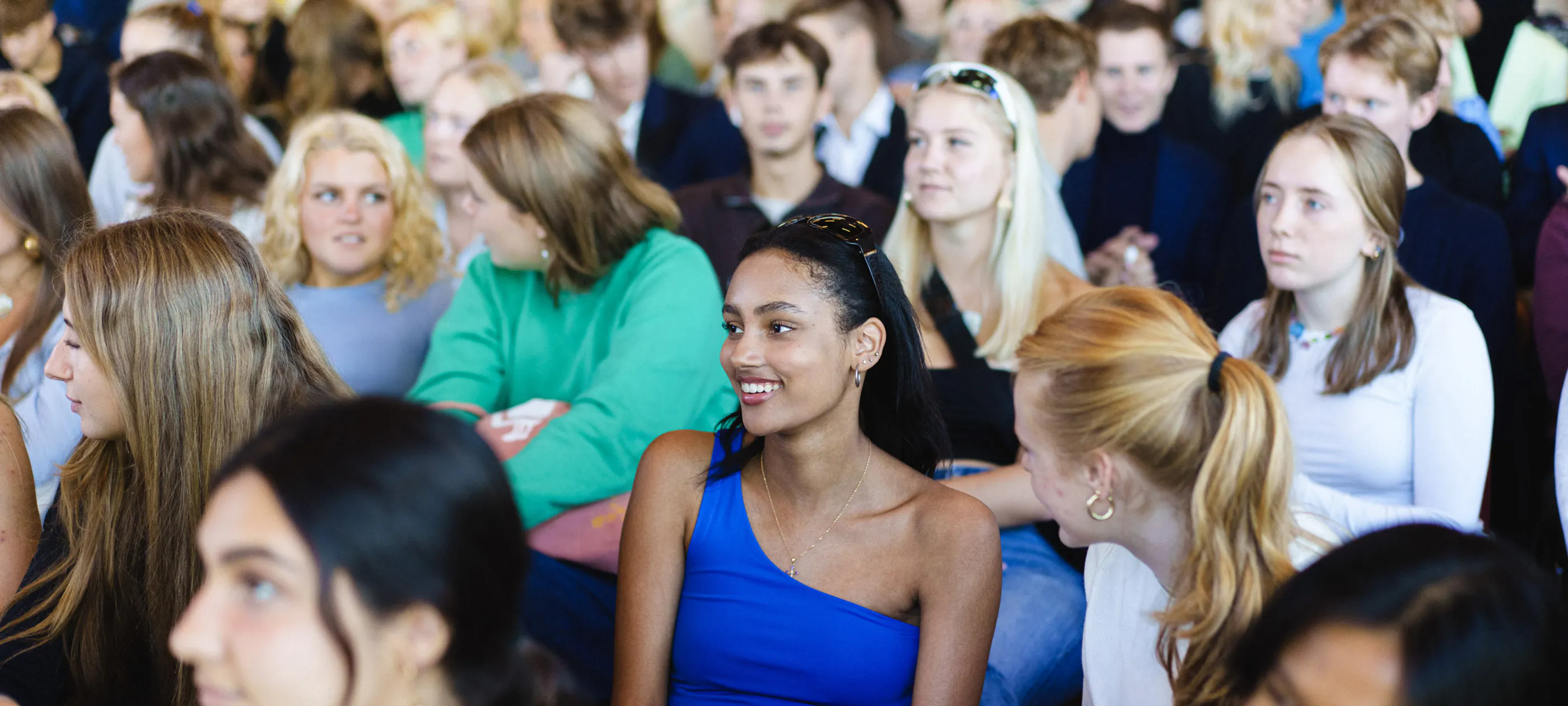
Group 3
Individuals and societies
All students in the IB Diploma Programme must study one subject from the subject Group 3: Individuals and Societies. At BG we offer the following subejcts in this subject group: History, Geography, Economics and Business Management. All subjects are described below.
History (SL/HL)
The aims of history is to gain in depth historical knowledge from different periods and cultures. In history, students will develop international awareness and gain an understanding of people living in a variety of places. Furthermore, students will develop an understanding of history as a discipline, including the nature and diversity of its sources, methods and interpretations, and they will practice the skill of communicating historical knowledge. In history, we also seek to gain a better understanding of present societies through an understanding of the past.
The teaching will encourage a holistic approach, with political, social economic, cultural and gender issues integrated into the study of each topic.
The students will also carry out a historical investigation which is the student's own work, planned together with the teacher. The investigation offers the students a chance to work independently and in-depth on a topic of their own choice. The activity demands that the students select, evaluate and use historical sources and write an investigation of approximately 2200 words.

Business management
Business Management (SL/HL)
Business and management is the rigorous and critical study of the ways in which individuals and groups interact in a dynamic business environment. It is an academic discipline that examines how business decisions are made and how these decisions make an impact on internal and external environments. The ideals of international cooperation and responsible citizenship are at the heart of business and management.
Birkerød Gymnasium offers both High Level (240 hours) and Standard Level (150 hours)
Syllabus Outline:
Concepts:
- Change
- Ethics
- Creativity
- Economic, social, and environmental Sustainability
1: Introduction to Organizations
- Types of Organizations
- Growth and Evaluation
- Organizational Objectives
- Ethical Objectives
- Stakeholders
- The External Environment
2: Marketing
- The Role of Marketing
- Market Research
- Market Plans
- Product
- Price
- Promotion
- Distribution
- International Marketing
3: Human Resource Management
- Human Resource Planning
- Organization Structure and Communication
- Motivation and Leadership
4: Accounting and Finance
- Source and Application of Funds
- Investment Appraisal
- Cash Flow Forecasts
- Break-even Analysis
- Final Accounts
- Ratio Analysis
5: Tool Box (Includes tools such as)
- Ansoff matrix
- Decision trees
- Circular business models
- Critical path analysis
- Numerous other tools including HL only tools
6: Internal Assessment:
- HL/SL: write an 1800 word research report about a particular business or industry.
7: Exam
- The SL exam consists of two written papers hours based on compulsory questions of a case study (1 hr. 30 min) and data-response questions based on one or more sections of the syllabus (1 hr. 30 min.)
- The HL exam consists of three papers. Paper 1 is the same SL. Paper 2 is 1 hr. 45 min. Paper 3 is 1 hr. 15 min.
*Students who have completed the IGCSEs will recognize some of these topics. However, the IB Diploma Programme expands on these topics and there are numerous new tools. It is not necesarry to have completed the IGCSEs to be successful in the IB Diploma Business Management course.
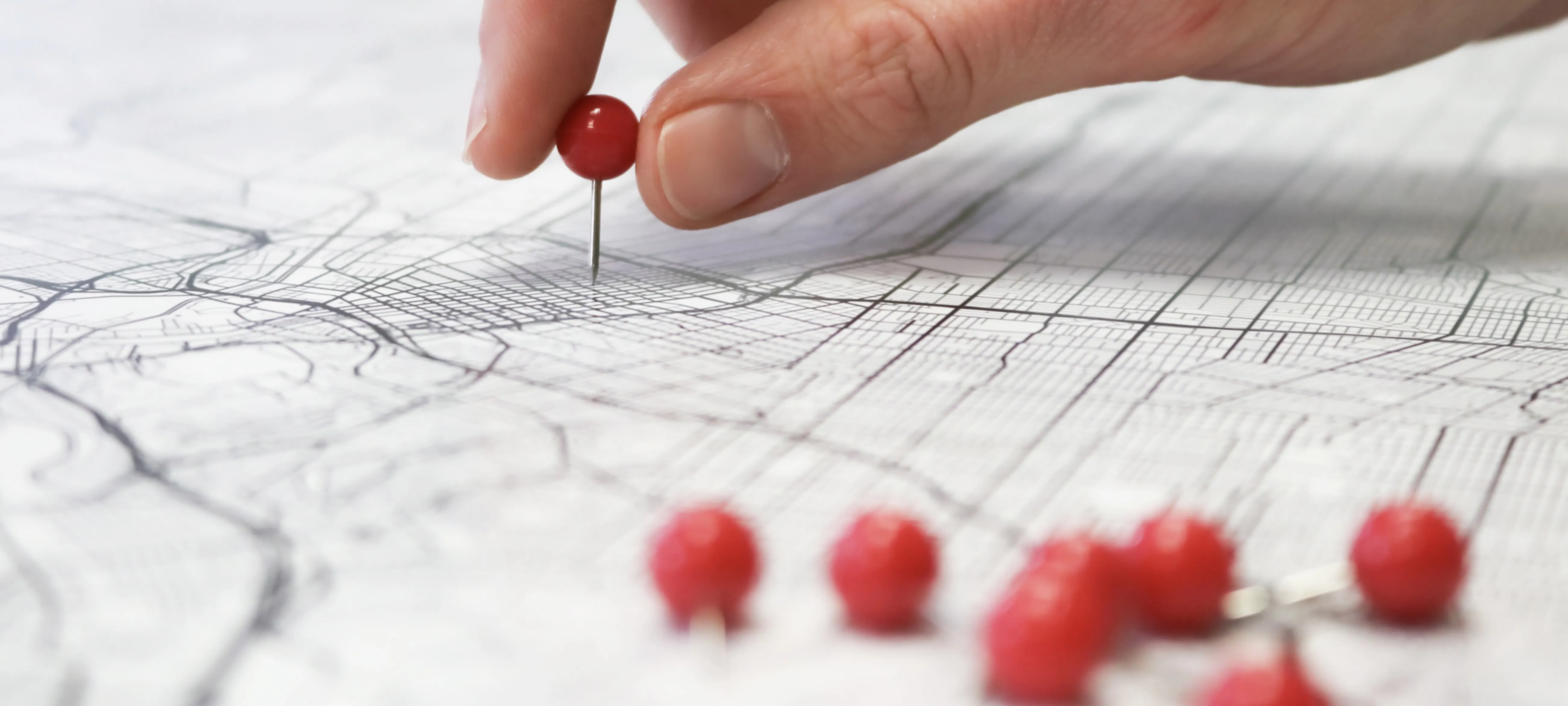
Geography
Geography (SL/HL)
What is IB Geography?
Geography is a dynamic subject that is firmly grounded in the real world and focuses on the interactions between individuals, societies and the physical environment in both time and space. It seeks to identify trends and patterns in these interactions and examines the processes behind them. It also investigates the way that people adapt and respond to change and evaluates management strategies associated with such change. Geography describes and helps to explain the similarities and differences between spaces and places. These may be defined on a variety of scales and from a range of perspectives. Within group 3 subjects, geography is distinctive in that it occupies the middle ground between social sciences and natural sciences.
The Diploma Programme geography course integrates both physical and human geography, and ensures that students acquire elements of both scientific and socio-economic methodologies. Geography takes advantage of its position between both these groups of subjects to examine relevant concepts and ideas from a wide variety of disciplines. This helps students develop an appreciation of, and a respect for, alternative approaches, viewpoints and ideas.
The Aims of IB Geography are to:
- Develop an understanding of the interrelationships between people, places, spaces and the environment
- Develop a concern for human welfare and the quality of the environment, and an understanding of the need for planning and sustainable management
- Appreciate the relevance of geography in analysing contemporary issues and challenges, and develop a global perspective of diversity and change.
- Geographic skills—integrated throughout the course
Part 1: Optional themes (SL/HL)
There are seven optional themes.
Two options are studied at SL, and three at HL
• Freshwater—drainage basins
• Oceans and coastal margins
• Extreme environments
• Geophysical hazards
• Leisure, tourism and sport
• Food and health
• Urban environments
Part 2: Core theme—patterns and change (SL/HL)
There are three compulsory topics in the core theme “Geographic perspectives—global change”.
• Population distribution—changing population
• Global climate—vulnerability and resilience
• Global resource consumption and security
Part 3: HL extension—global interactions (HL only)
There are three compulsory topics in the HL extension “Geographic perspectives—global interactions”.
• Power, places and networks
• Human development and diversity
• Global risks and resilience
Fieldwork report based on information collection in the field and subsequent analysis and evaluation of the collected data.
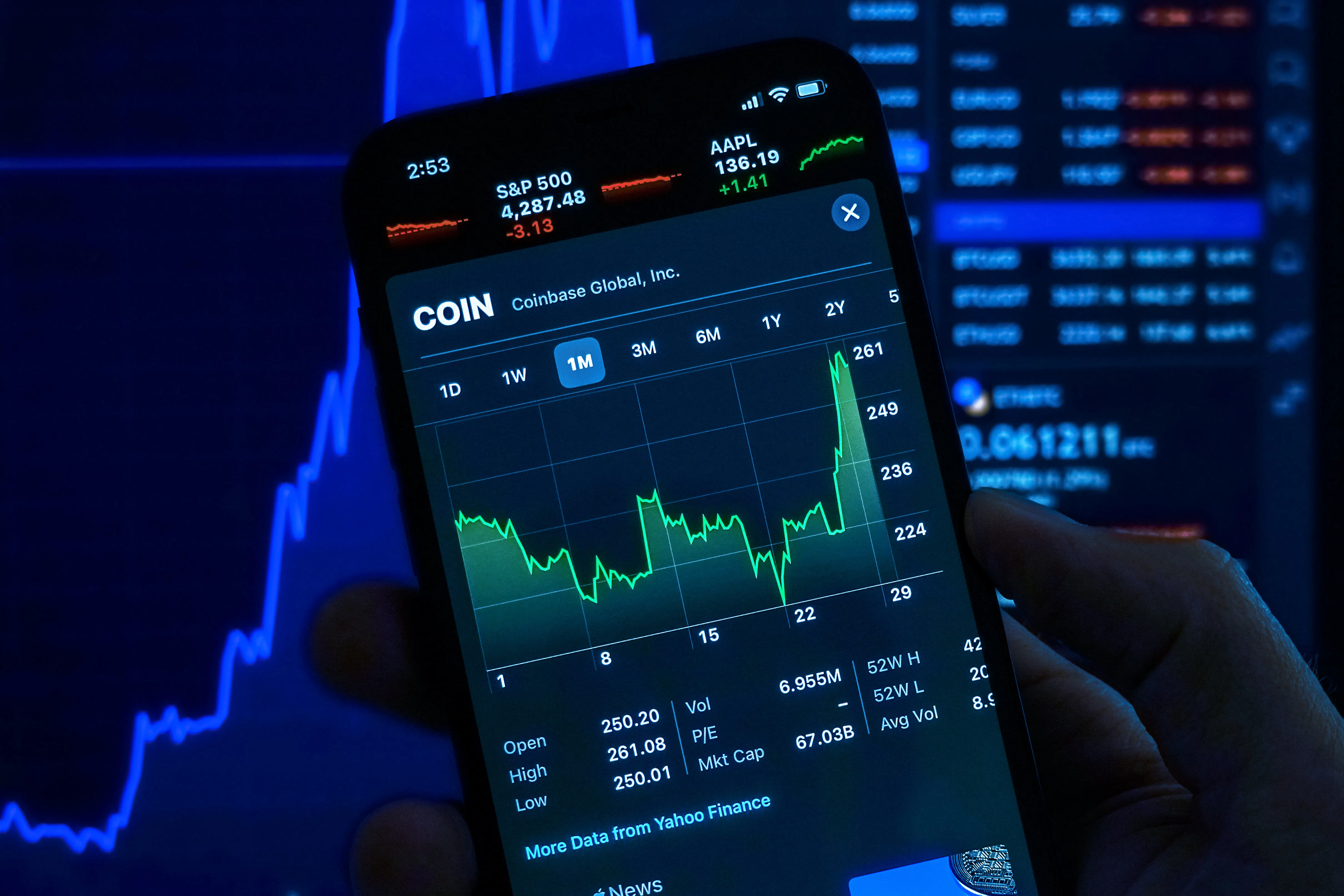
Economics
Economics (SL/HL)
The following is from the IBO guideline.
BG offers High Level Economics (240 hours) as well as Standard Level (150 hours).
Economics is a dynamic social science, forming part of Group 3 - Individuals and Societies. The study of economics is essentially about dealing with scarcity, resource allocation and the methods and processes by which choices are made in the satisfaction of human wants. As a social science, economics uses scientific methodologies that include quantitative and qualitative elements.
The IB Diploma Programme economics course emphasizes the economic theories of microeconomics, which deal with economic variables affecting individuals, firms and markets, and the economic theories of macroeconomics, which deal with economic variables affecting countries, governments and societies. These economic theories are not to be studied in a vacuum - rather, they are to be applied to real-world issues. Prominent among these issues are fluctuations in economic activity, international trade, economic development and environmental sustainability.
There is limited overlap with the Business Management course, as Economics is more theoretical and does not focus on customer and markets, but microeconomic markets, not particular business organizations. Economics also focuses on entire economies and Global Economics.
